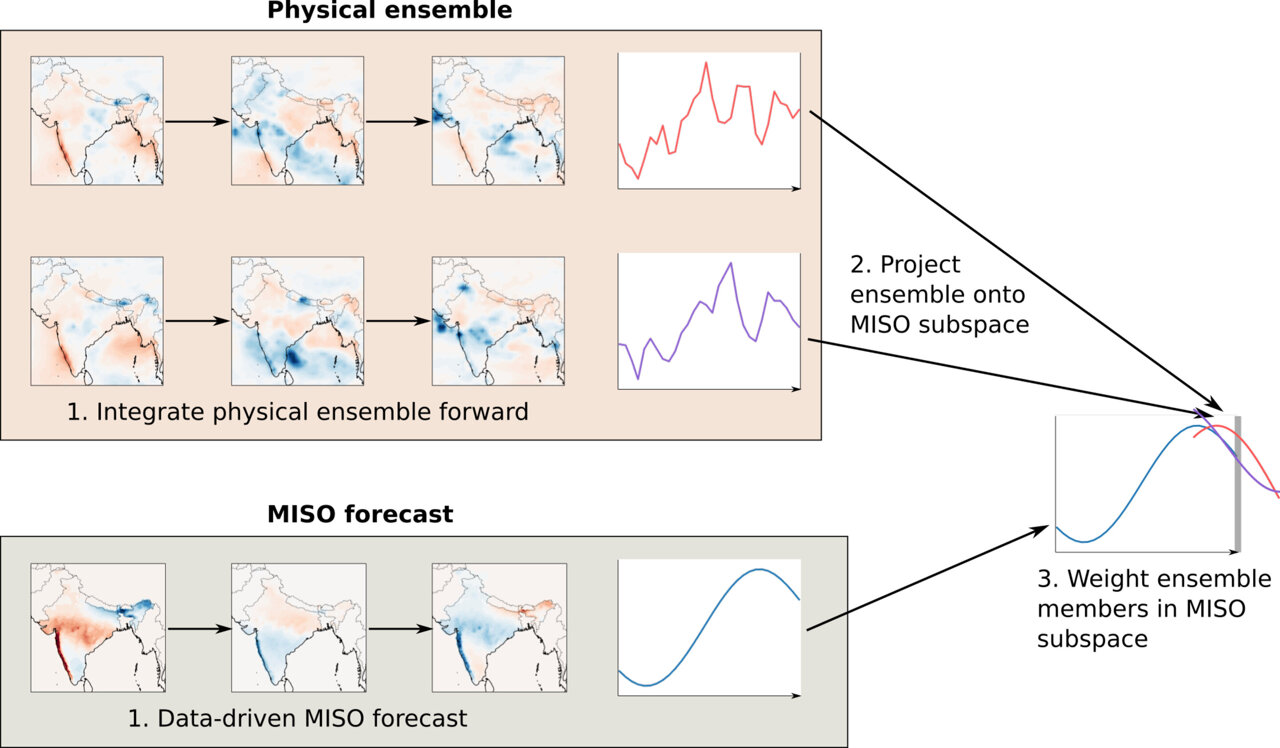As media agencies promote the potential benefits of AI efficiencies, marketers are questioning whether these advancements will lead to cost savings and how they might reap the rewards.
While there is no immediate uproar, a wave of inquiries is gaining momentum. Marketers are delving into how agencies are utilizing AI and automation, which specific tasks are AI-driven, and how transparency and accountability are maintained in AI implementation. They are also curious about any new pricing structures that reflect AI-driven efficiencies and are eager to hear success stories showcasing how AI has enhanced efficiency and outcomes for clients.
These questions revolve around a central issue: the potential impact of AI on reducing billable hours, which could disrupt the traditional billing framework. Media agencies typically bill advertisers based on factors like project complexity, billable hours, and the required expertise. Any threat to this model is bound to capture agencies’ attention and necessitate serious contemplation.
Amid these discussions, a senior executive from a consulting firm, speaking on condition of anonymity, highlighted the pressing query posed by clients to agency executives: if AI can reduce the time spent on managing media by 20%, should there be a corresponding 20% reduction in fees?
However, the situation is nuanced. Marketers acknowledge that AI’s capabilities in targeting, personalization, and campaign optimization could justify an increase in prices for these enhanced services rather than a reduction in fees. Nonetheless, it is prudent to scrutinize costs.
Financial savings are a focal point in discussions with marketing procurement teams regarding Generation AI, according to Gregg Paul, principal at consultancy R3 Worldwide. Transparency on the use of AI is crucial for both parties.
While immediate disruptions are unlikely, agencies that solely focus on selling time rather than delivering value may face revenue challenges due to automation in the future. Agencies that adapt and demonstrate superior outcomes per hour may be able to charge more for their strategic services.
Looking ahead, agencies are contemplating how to package their significant AI investments and reallocate saved time into more valuable services while maintaining client revenue. The evolving landscape necessitates ongoing dialogues between marketers and agencies.
As discussions progress, marketers are evaluating the potential risks associated with agencies integrating AI more extensively into their operations. Concerns revolve around agencies leveraging proprietary data in AI models and the implications for client-agency relationships.
The focus is currently on risk assessment rather than fee structures, with a keen interest in data privacy and usage rights. Marketers seek assurances on how their data is utilized by agencies’ AI models and the safeguards in place to prevent data misuse.
In navigating these complexities, agencies must proactively adjust their practices to enhance efficiency and pass on these savings to clients. The key lies in finding more efficient ways to deliver results while maintaining a firm stance on negotiating fees.
In conclusion, the impact of AI on agency-client dynamics will unfold gradually, requiring agencies to adapt, innovate, and prioritize efficiency to meet evolving client expectations.










